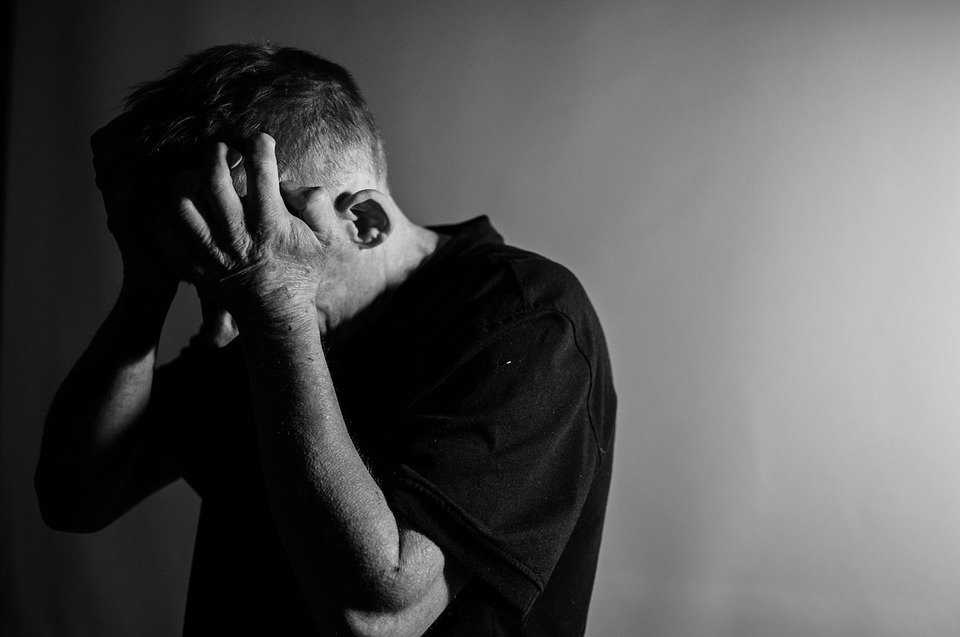
If you’re a U.S. Veteran suffering from mental illness as a result of your service, you may qualify to receive disability benefits from the VA.
The VA disability attorneys at Berry Law have decades of experience helping Veterans receive their rightful benefits. We handle claims for Veterans across the country and promise to do all we can to help you get the benefits you deserve for your mental health issues or other service-connected conditions. Contact us today for a consultation.
John S. Berry also discusses mental health disorders that are eligible for VA compensation here.
Post-traumatic stress disorder is the most commonly known veteran mental health condition that is subject to VA disability compensation, but there are several others. It is easy to see the variety of veteran mental health conditions and the everyday problems associated with them.
We think about homelessness, suicide, inability to maintain a job at work, or even the inability to maintain relationships. Keep in mind that the disorders and disabilities eligible for VA disability compensation include:
All mental health conditions are rated under the same criteria from the Diagnostic and Statistical Manual of Mental Disorders (DSM-V) published by the American Psychiatric Association. These mental health disabilities often result in the veteran’s decreased ability to earn a living. The decrease in ability to earn a living is why the VA compensates veterans for disabilities.
According to the U.S. Government Accountability Office, 2.1 million veterans received mental health treatment from the U.S. Department of Veterans Affairs in the five-year period from 2006 through 2010. However, a study by the Substance Abuse and Mental Health Services Administration revealed that only 50% of returning vets who need veteran mental health treatment will receive these services. This may be due to a number of factors, not limited to:
Discussing concerns over treatment with an attorney can help a veteran gain a greater understanding of the ratings process and treatment of mental health issues. If you are unsure of whether you are entitled to disability compensation for a mental health condition, there is little risk in seeing a doctor about your concerns.
Treatment for mental health disorders is incredibly important to ensure your well-being, and as a Veteran, you may be entitled to compensation and treatment.
Getting a medical evaluation is also essential to proving your condition is service-related. To establish a service connection to your mental health issues, you must:
Although the VA has a long list of qualifying conditions as mentioned above, you must keep in mind that the VA will not grant a service connection to certain mental illnesses. These include personality disorders, such as antisocial personality disorder, as well as intellectual disabilities. However, if you can prove you developed PTSD as a result of your service, any existing condition you may have should not preclude your receiving VA disability benefits.
In fact, you may be able to receive benefits for a pre-existing mental health condition if you can show your service or a service-related incident aggravated or exacerbated your pre-existing condition beyond its normal progression.
The VA uses a General Rating Formula for Mental Disorders, and it rates conditions on a scale between 0% and 100% depending on the condition’s severity. For instance, a 0% rating means you have a formally diagnosed condition, but it doesn’t interfere with your occupational and social functioning. A 100% rating means that your condition results in total occupational and social impairment. Most Veterans fall somewhere in between.
The possible VA ratings you can receive are 0%, 10%, 30%, 50%, 70%, or 100%. Each rating has related benefits amounts you could receive. As of 12/1/23, the amounts are as follows:
Different types of mental disorders commonly have similar symptoms and effects. The VA will assess the combined effects of your conditions to determine the overall level of social and occupational impairment your conditions cause.
For example, you may suffer from PTSD and anxiety disorder. The VA has different diagnostic codes for each, but it will rate them under the same criteria. Thus, you may receive a 50% rating for both of these conditions. The VA doesn’t typically consider the number of mental health issues you have, only how the severity of your conditions impact each other to assign a comprehensive rating.
You shouldn’t have to. The VA doesn’t limit its assessment to the specific mental disorder you listed on your claim. Instead, it must consider the connection of other mental health issues and how they impact the mental disorder listed on your claim to assign a rating that will reflect the impact and severity of all mental disorders.
Contact an Experienced VA Benefits Attorney Today
If your claims for service-connected mental disorders have been denied or if you have a lower disability rating than you expected, please contact Berry Law today. Your consultation is free.
Our monthly newsletter features about important and up-to-date veterans' law news, keeping you informed about the changes that matter.